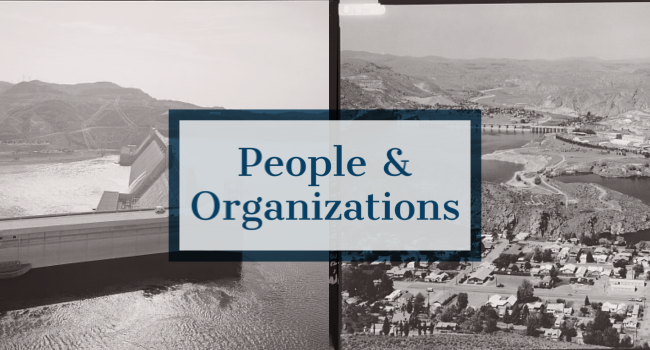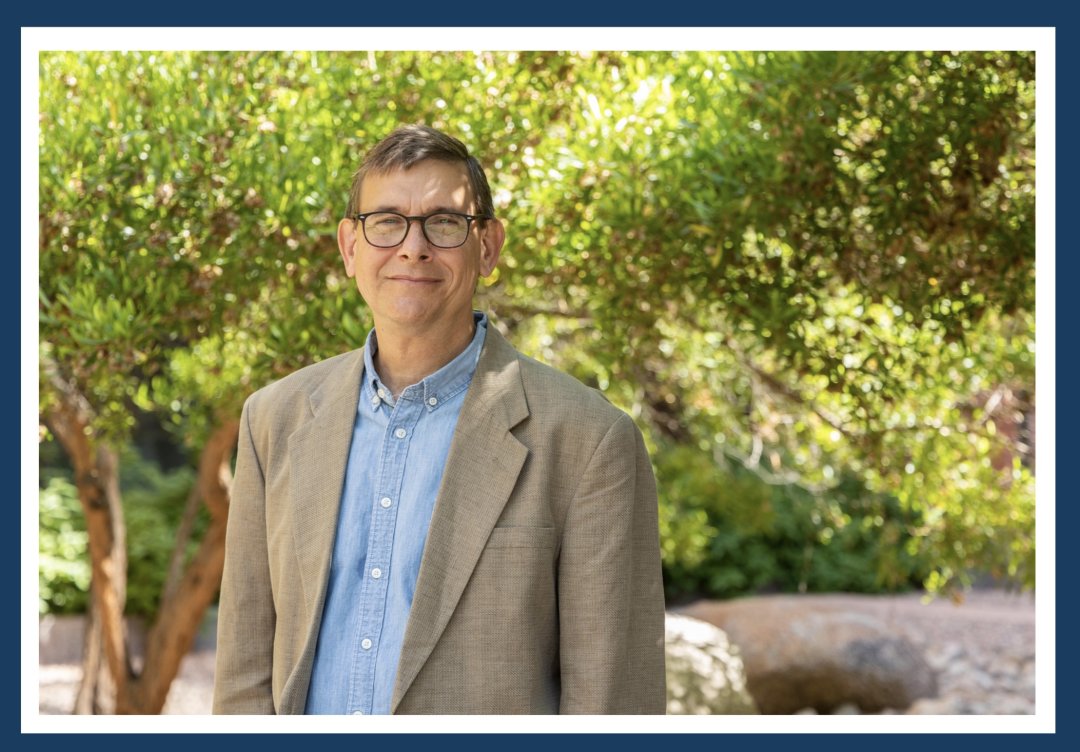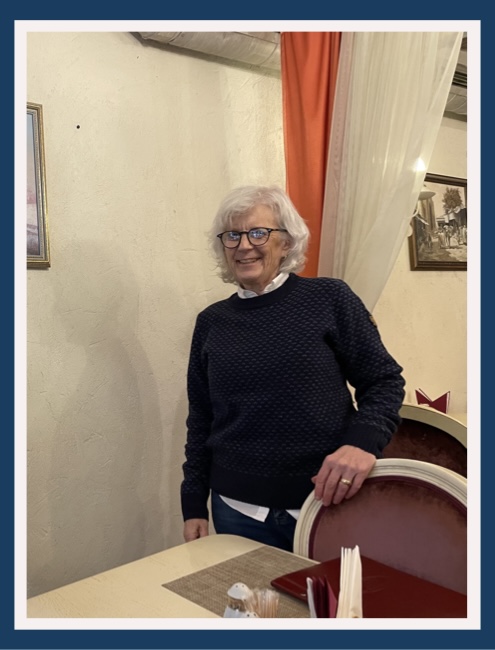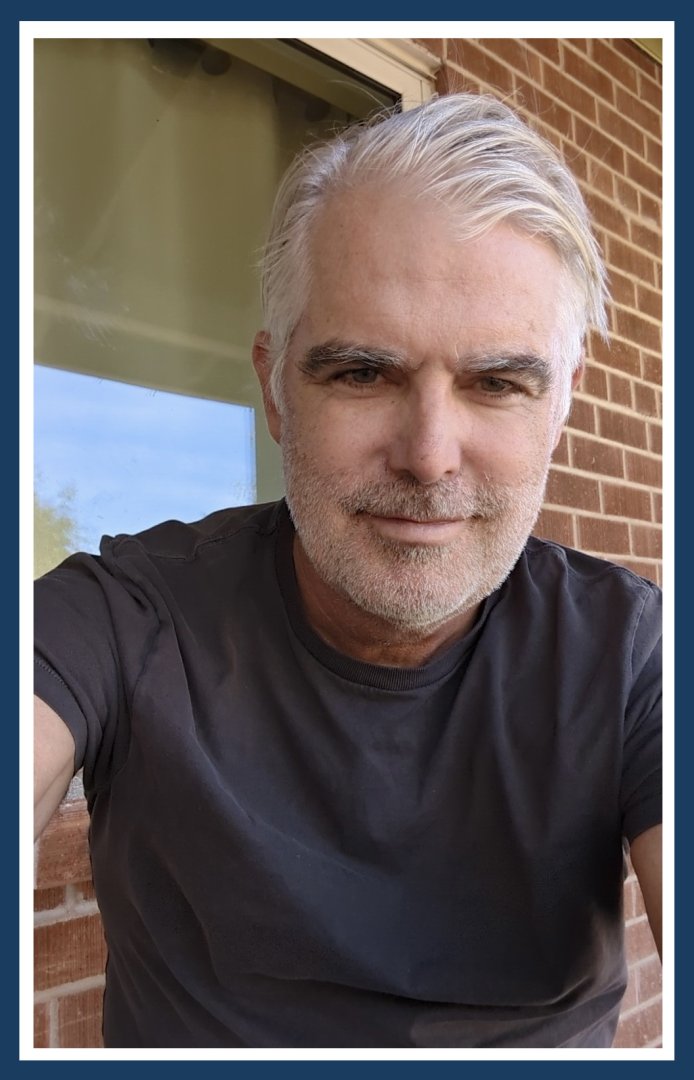
Project Directors

Dr. David Pietz
Dr. Pietz is a Regents Professor of History and the UNESCO Chair of Environmental History at the University of Arizona. With a doctorate in Modern Chinese History from Washington University, his work has largely focused on the history of water management in 20th Century China. His current project examines the social construction of biodiversity, conservation, and extinction in post-Mao China. With a focus on "Indigenous Peoples and Water" the UNESCO Chair has supported a range of educational and outreach projects ranging from potential groundwater contamination from uranium mining waste on Hopi lands in northern Arizona to an NSF-funded Research Experience for Undergraduates (REU) focused on the water-related health challenges of Chlorite'-Mayan communities in Guatemala. Dr. Pietz's work has been supported by the Carnegie Foundation, Guggenheim Foundation, National Science Foundation, National Endowment for the Humanities, Mellon Foundation, American Philosophical Society, and the Institute for Advanced Study (Princeton). He has organized or co-organized five K-12 teacher training workshops.

Dr. Dorothy Zeisler-Vralsted
Dr. Dorothy Zeisler-Vralsted is Professor Emeritus of International Affairs at EWU where she taught classes on modernization and nature, the contemporary politics of water, and modernization and indigenous peoples. Her research focuses on water history with publications on the historical development of major river systems, water use in the American West, and the intersection of race, gender and the environment. Her most recent publication is African Americans and the Mississippi River: Race, History, and the Environment.
Dr. Zeisler-Vralsted has a long history of working with teachers in grades 6-12 as she has received two major grants from the U.S. Department of Education’s Teaching American History Program (for 30 teachers in each 3-year grant). In addition to this experience, Dorothy has worked in senior administration for over ten years. This background, coupled with previous grant administrative experience, has given her the skills to oversee large projects and work with a diverse community of participants. The logistics of delivering two successful one-week workshops is a familiar undertaking enabling her to devote time to creating an effective learning community.
Lead Faculty

Benedict J. Colombi, Ph.D.
Benedict J. Colombi, Ph.D. is Past Faculty Director (2016-2022) of the Graduate Interdisciplinary Programs (GIDPs) and Chair of the American Indian Studies GIDP (PhD and Master’s programs) in the Graduate College. He is Professor of the American Indian Studies Department in the College of Social and Behavioral Sciences. He holds affiliated faculty appointments in the School of Anthropology, School of Geography, Development, and Environment, and School of Natural Resources and Environment, and is a CO-PI and Faculty member with the Indigenous Food, Energy and Water Security and Sovereignty NSF NRT Award and GIDP, respectively. He served as Program Chair of the American Anthropological Association (AAA), Anthropology & Environment section, and served as Faculty Fellow with the Udall Center for Studies in Public Policy and a Fellow with the Society for Applied Anthropology (SfAA). In 2014, he was awarded a U.S. Fulbright Scholar Award, under the US-Russia Commission, for extensive fieldwork along the Far Eastern, Kamchatka Peninsula with local-Indigenous communities (Itelmen and Koryak).
His specialization lies at the interface of complex human-environmental problems (i.e. fisheries, climate, water, and energy). Significant publications include the books Keystone Nations: Indigenous Peoples and Salmon across the North Pacific and Climate Change and Indigenous Peoples in the United States: Impacts, Experiences and Actions, and a number of articles and chapters, including long-term and engaged research with the Nez Perce Tribe (Nimiipuu) about large dams, salmon, and the regional economy in the Columbia River basin (Colombi 2002 to Present). He also has expanded his research to include Southwestern Indigenous peoples and watersheds; complemented with field studies of local-Indigenous resources/management in the United States, Canada, Russia, Iceland, Norway, Japan, Brazil, and Mexico.
Project Facilitator
T. Francene Watson
Dr. Watson is a Clinical Assistant Professor of Education at Washington State University with a focus on secondary pre-service teacher education. Watson also works collaboratively with educators in the College of Education's Clearinghouse on Native Teaching & Learning furthering initiatives related to the state's Sovereignty Curriculum (Since Time Immemorial) and teacher training. As a former high school English and humanities teacher, Watson's teaching, community engagement, and research are tethered to sustainability and environmental education from a place-based learning framework. Using participatory and community-based action research models, project foci connect food, water (namely the Snake and Columbia Rivers) and community, bringing these intersections into a K-12 curricular platform such as interdisciplinary, garden-based learning.
Professional Historians/Scholars
Steven Ross Evans
Dr. Evans is an Emeritus Professor at Lewis and Clark State College where he received multiple awards for teaching excellence. For the last 11 years he has collaborated with Allen Pinkham on research on the Nez Perce Indians and the Lewis and Clark expedition. He has published on Nez Perce and Western U.S. History.
Allen Pinkham
Mr. Pinkham is a Nez Perce Elder who, following a long career in the private sector, moved back to the Nez Perce Reservation and dedicated himself to serving the public as a story-telling educator-author. He co-authored, with Dan Landeen, Salmon and His People, and wrote a chapter for Alvin Josephy's, Lewis and Clark through Indian Eyes. He also served on the National Lewis and Clark Bicentennial Council and helped create the Chief Joseph Foundation and served on the Board of Trustees for the National Museum of the American Indian in Washington, D.C.
Dr. Laurie Arnold
Dr. Arnold, Colvile Tribal member, is Robert K. and Ann J. Powers Chair of the Humanities and Director of Native Studies at Gonzaga University. Before joining Gonzaga, she oversaw Native American Initiatives at Notre Dame University and was Associate Director of the D'Arcy McNickle Center for American Indian and Indigenous Studies. She has a robust publishing record, including Bartering with the Bones of Their Dead: The Colville Tribes and Termination, book chapters on tribal sovereignty, and "Preparing Students for Informed Public Discourse through Native American History."
Margo Hill
Professor Hill, Spokane Tribal member, is Professor of Urban and Regional Planning at EWU. She has also worked as a Tribal Attorney for the Spokane Tribe of Indians where she provided legal counsel to the Spokane Tribal Business Council, program managers, and staff in areas of federal Indian law, employment law, and land management. She also assisted the Tribal council in amending the Spokane Tribal Law and Order Code.
Marsha Wynecoop
Ms. Wynecoop is a member of the Spokane Tribe of Indians and is the Spokane Tribal Language Program Manager. She is recognized as an elder and cultural adviser for the tribe. She has led the revitalization of the Salish language as part of the Back to the Heart School. She has been cited in local and regional outlets for her insights into the preservation of tribal culture.
Museums & Historical Centers
Colville Tribal Museum
“Colville Tribal Museum: Celebrating 12 Rich Cultures”
Discover the heart of the Confederated Tribes of the Colville Reservation at our museum. Representing 12 tribes, (Methow, Chelan, Wenatchi, Entiat, Moses-Columbia, Lakes, Colville, San Poil, Nespelem, Chief Joseph Band of Nez Perce, Palus, and Okanogan), we showcase their vibrant history and traditions. Step into a world where past and present merge, telling stories of resilience and unity. Join us in honoring our diverse heritage, preserving our legacy, and inspiring future generations.
Kettle Falls Historical Center
The Kettle Falls Historical Center is a community based nonprofit organization which preserves and interprets the heritage and cultures of the diverse peoples of the Kettle Falls. Our focus spans prehistory to the creation of Lake Roosevelt. We serve our community residents and visitors through educational programs and exhibits, and the nurturing of cultural activities which reflect our focus.
Grand Coulee Dam and Visitor Center
The Grand Coulee Dam Visitor Center was built in the late 1970s as part of the dam’s Nathaniel “Nat” Washington Power Plant expansion. It was designed by architect Marcel Breuer to resemble a generator rotor. An evening laser light show was added in 1989. The center was retrofitted in 2004 for seismic, life-safety, and accessibility standards. The original laser equipment was replaced in 2013, and a new laser light show, “One River, Many Voices,” premiered in 2014.
In 2006, new exhibits and displays were installed. The exhibits highlight Grand Coulee’s role as one of the main irrigation, flood control, and hydroelectric dams on the Columbia River. They also describe the effects the dam has had on various groups of people, including Native Americans and early settlers. The new exhibits were designed, manufactured, and installed by Formations, Inc., of Portland, Oregon.
This visitor center is fully accessible and features hands-on exhibits and an auditorium.